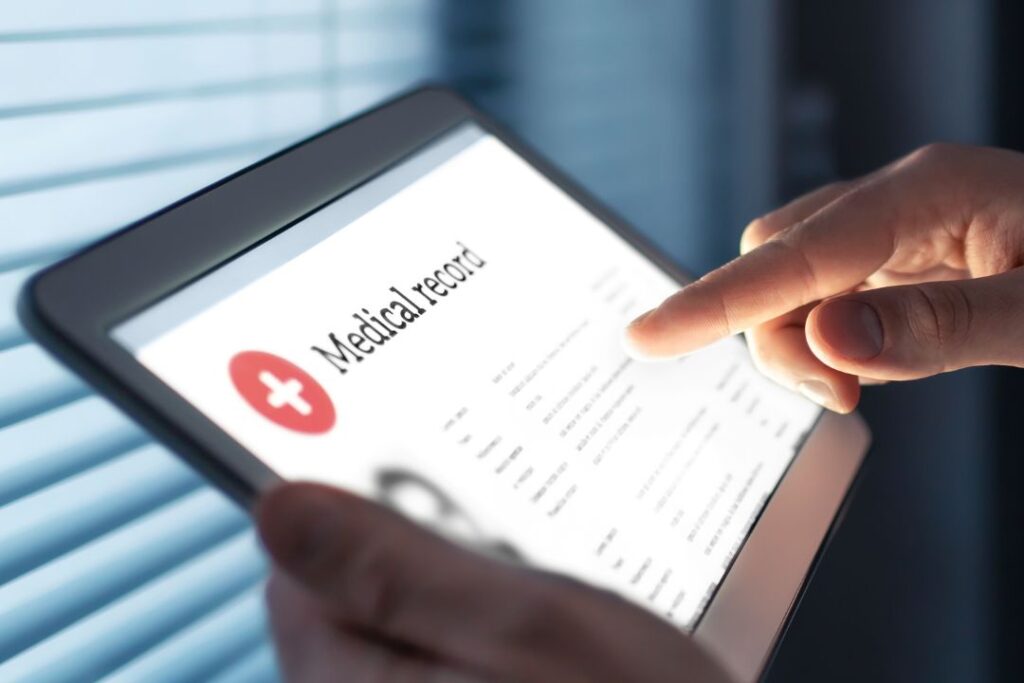The Mobile Clinic Project of the Free Women Foundation in Syria/Rojava
The women of the Le Mafalde association support the project.
More information below
The Women Foundation has developed a territorial health network that has been structured over the last 5 years and which makes it easier to work through a mobile clinic.
The mobile clinic based in Heseke is a flexible and direct form of health service, which guarantees, above all, first aid
in moments of particular emergency, including that constituted by the COVID-19 pandemic and continuous assistance in
decentralized places and where people have difficulty accessing clinics and hospitals located in larger cities and villages.
In particular, there is currently a large deficit of health facilities and therefore medical care in the vast refugee catchment area
. The mobile clinic team, made up of a doctor, a midwife, a nurse and a medical assistant, reaches
rural areas with its own vehicle converted specifically to provide healthcare. Conducts on-site tests, makes a
diagnosis and distributes medications when available. In case of emergency, home visits are carried out. Furthermore,
considering the difficulties of movement of the displaced, the team is establishing a transport service for patients who need to be taken to a nearby hospital. The Mobile Clinic is an important response to the primary needs of women and children in this
situation full of existential threats.
Because the mobile clinic is indispensable
- The villages surrounding the town of Heseke have long been
affected by the occupation of ISIS and the Assad regime’s government
, which has neglected the region’s infrastructure. - Opportunities to access health care and
drug supplies are very limited in villages and some cities.
On the other hand, people do not have the possibility of going
to the vicinity of health facilities such as hospitals, health centres, doctors’ offices because they do not have means of transport and - the streets are often unsafe and infested with Islamist militia gangs.
- This situation became catastrophic after IDPs
(displaced persons) with their urgent needs increasingly entered
the region fleeing from territories invaded by
Turkey or other areas where war and lack of
opportunities made life impossible. - There is a particular need to take care of women and
children, as they represent the
largest share of displaced people. - In such a precarious situation, care and prevention are
essential as it doesn’t take much to precipitate a situation
in which other needs are accompanied by a
precarious state of health. - Also provide knowledge for independent care by
women so that they take better care of
themselves and their children. - Diseases and complications of pregnancy, under these
conditions, quickly become a threat due to
the lack of doctors and easily accessible medical services. - To provide safe transportation to doctors and
healthcare facilities when necessary.
Project objectives
• Medical emergency room
• Allow access to necessary treatment options,
hospitals, specialists, medications, which cannot be guaranteed where
you live.
• In the long term, promote knowledge about the health of women
and children, including newborns, to support healthy living through
seminars on healthy health style, everyday health problems
, hygiene.
The recipients of the Project are the most disadvantaged groups:
• Women and children of all ages, of all ethnic groups and religions • Above all those who are affected by poverty, war and
heavy burdens such as conditions of disability, large families, very small
• Treatment is not denied to men who need it.
Staffing and types of costs of a mobile medical team
General practitioner, gynecologist (if possible), obstetrician, nurse The project is ongoing and its costs are represented by those
necessary to pay the staff and those necessary to guarantee the continuity of services, including mobile clinic maintenance,
purchase of medicines and completion of equipment acquisition. Should a peaceful solution to the ongoing conflict emerge
, with the return of displaced people to their territories of origin, the Mobile Clinic could subsequently be used in
rural areas and disadvantaged regions. The project is centrally located in the Heseke Canton, in northern Syria and will be able to provide greater services even in a greater radius depending on the economic resources it can
use.
The main equipment necessary to guarantee the Mobile Clinic service
- Vehicle (including vehicle sofa remodeling,
storage cabinets, etc.) - Vehicle equipment:
- small refrigerator
- scale
- water tank
- equipment for washing patients
- waiting place before tests and treatment
- curtain.
The following are also essential equipment: - Instruments and materials for wound care
- Outpatient surgical equipment for small operations
- Gynecological equipment and instruments.
- 1 x Blood Pressure Measuring Device
- 1 mobile ultrasound device
- 1 otoscope
- 1 stethoscope
- Glucose meters
- Pulse oximeter
- Oxygen supply device
- Oxygen meter (oximeter)
- ECG equipment
The financing campaign and its promoters in Italy
They support this project and invite you to sign:
- UIKI (Kurdistan Information Office in Italy) and
Health Relay of Rete Kurdistan Italia through the
platform

